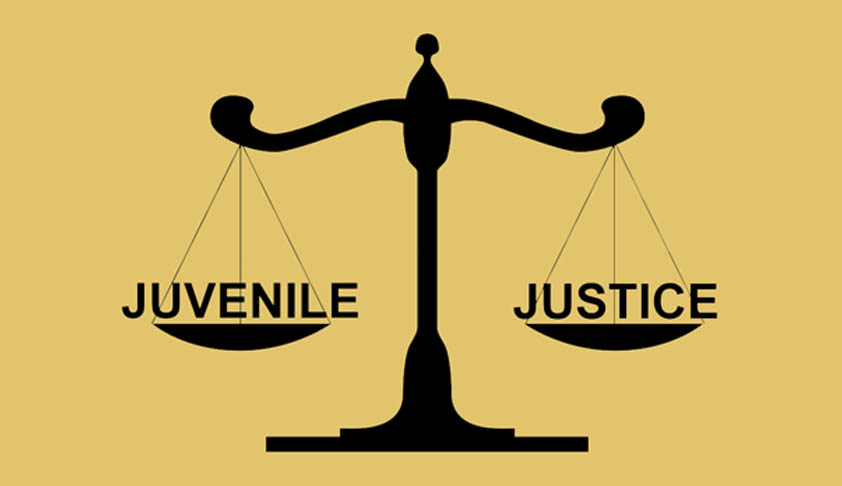- Home
- /
- News Updates
- /
- Juvenile Justice Bill passed in...
Juvenile Justice Bill passed in Lokha Sabha
Gaurav Pathak
7 May 2015 7:36 PM IST
After the Cabinet gave its approval to the Juvenile Justice Bill, 2014 in April this year, the Lok Sabha today passed the Bill. The Bill provides for trial of juveniles aged between 16 and 18 years to be tried as adults for heinous crimes.However, the Bill was passed only after the government agreed to delete clause 7, which stated that "any person, who is apprehended after completing the age...
Next Story



